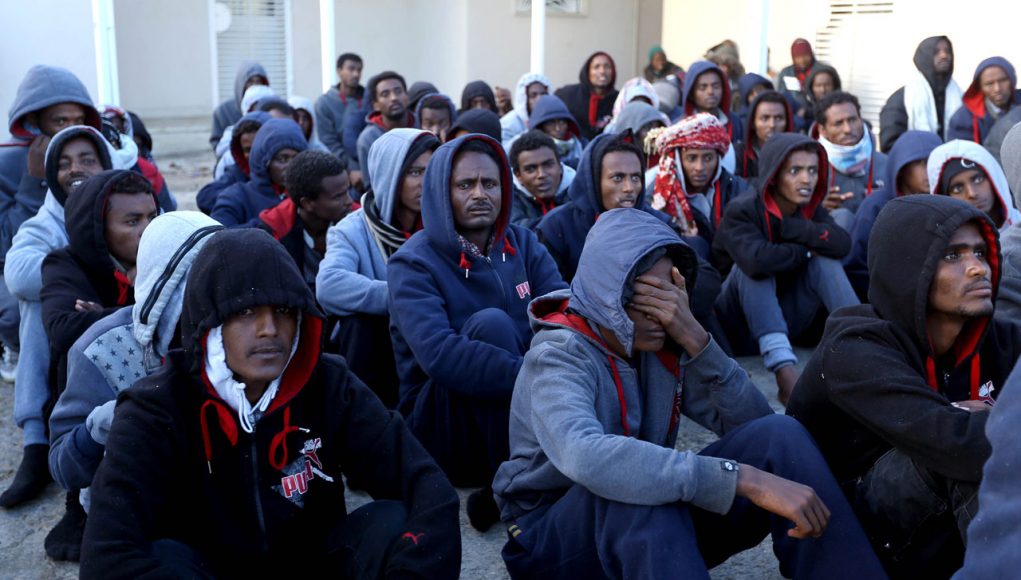
Structural barriers, economic hardship, unemployment, bad governance and other vices have been identified as factors responsible for the migration of Nigerian youths to European countries.
These were the views of discussants, yesterday, during a podcast organised by Live Abundantly, anchored by it’s founder and Executive Director, Dr. Onyerinma Ama, to mark the International Youth Day.
The discussants – Feminist and Communications Consultant, Oluwatobi Ayodele; Political Analyst and Human Rights Activist, Olufunsho Alufoge; and Writer, Development Communication Professional and advocate for Gender Equality, Tawakalit Kareem – blamed government for lack of foresight, saying lots of responsibilities have been put on the shoulders of the country’s youth despite the failure of the leaders.
Ayodelesaid: “The economy has worsened. Salary doesn’t equate the cost of living anymore. Corruption is eating deep, as everything doesn’t go the right way. The system has literally failed the young ones. There is even no democracy to strengthen it.
“Young people are not doing jobs anymore. When you look at the economy, the price of clothes and other necessary things have increased tremendously. Nigeria is not the best place to be when it comes to the state of the economy.”
She noted that the level of insecurity has reached a feverish level as farmers and traders can no longer do their businesses.
On her part, Kareem said Nigeria has been dysfunctional for a long time, noting that the youths have taken over the responsibility of the government to reduce the rate of unemployment in the country.
She regretted that beside economic factors, insecurity, kidnapping and structural barriers have impeded the progress of youths. “Everything rises and falls on leadership,” she added.
The government of Switzerland, meanwhile, said, yesterday, that it has released funds to the government of Nigeria to cater for over 400,000 returned and potential migrants residing in Northern Nigeria.
The Ambassador of Switzerland to Nigeria, Mr. George Steiner, disclosed this in Abuja during the launch of the project, ‘Providing Immediate Socio-Economic Relief to Vulnerable Migrants Returnees Impacted by COVID-19 in the Northern States of Nigeria’.
Steiner, who identified international solidarity and cooperation as key to tackling the challenges occasioned by COVID-19, regretted that the pandemic has proven to be the biggest crisis of the current generation.


















































